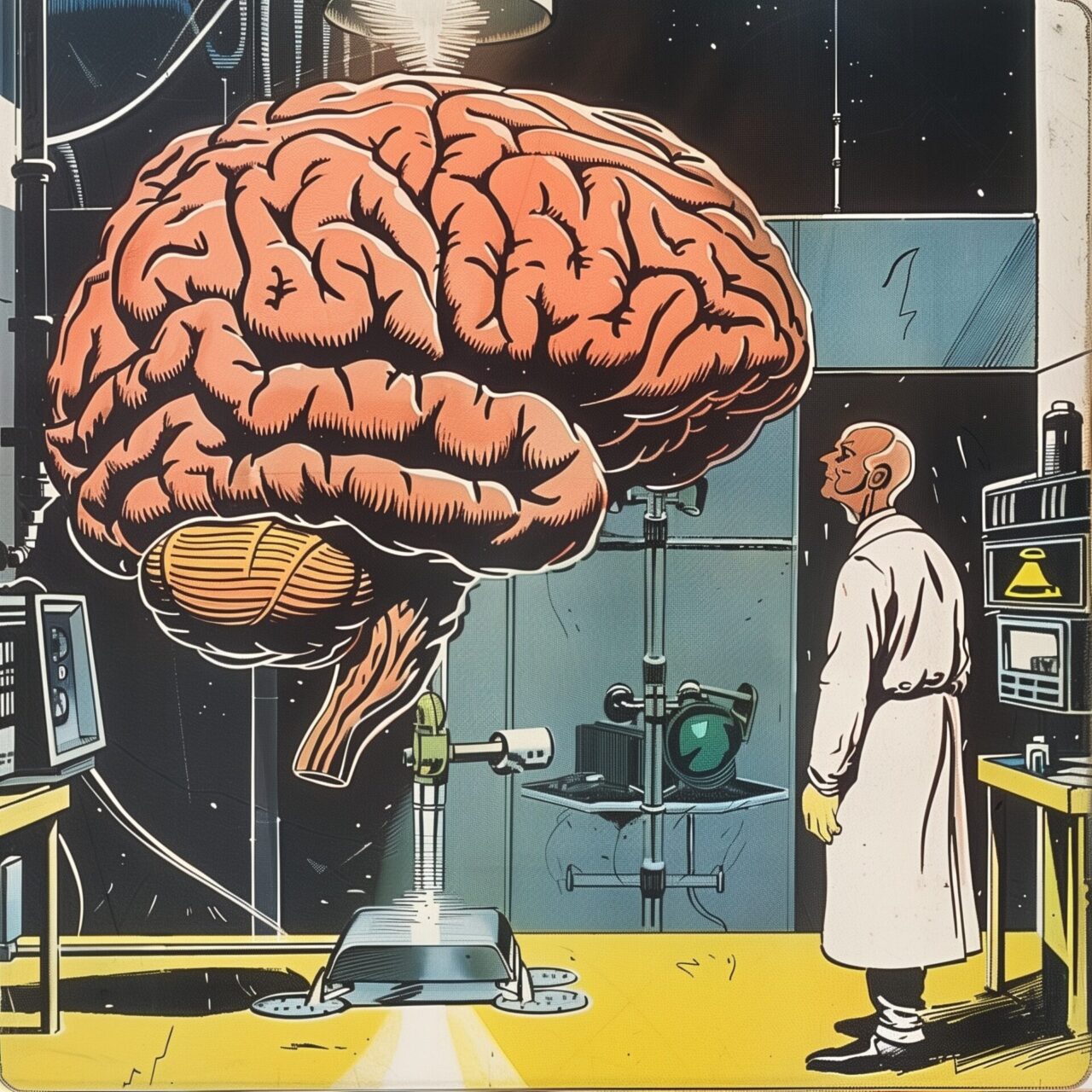
The blood-brain barrier
The blood-brain barrier (BBB) represents one of the most fascinating yet enigmatic biological systems in the human body. This highly selective barrier between the bloodstream and the central nervous system (CNS) is critical for maintaining neural integrity and plays a key role in neuropharmacology and pathology.
Basics of the blood-brain barrier
The BBB consists of endothelial cells lining the capillaries of the brain, supported by astrocytes and pericytes. These cells are connected by tight junctions that allow extremely selective permeability. Basically, the BBB only allows certain substances, such as glucose and certain amino acids, to enter the brain, while blocking potentially harmful substances such as toxins and pathogens.
Physiological functions
The primary function of the BBB is to protect the brain from fluctuations in the chemical composition of the blood that could disrupt neuronal activity. It also actively regulates the transport of nutrients into the brain and metabolites out of the brain. This mechanism is crucial, as the brain is dependent on a constant supply of nutrients and oxygen, but is very sensitive to chemical disturbances.
Challenges and medical implications
However, the existence of the BBB poses a significant challenge for the treatment of brain diseases. Many drugs that could have potentially curative effects on the brain cannot effectively overcome this barrier. This complicates the treatment of neurological disorders such as Alzheimer’s, Parkinson’s and various forms of brain tumours.
Research approaches
Scientists are working on several fronts to overcome or manipulate the BBB for therapeutic purposes. One approach is the use of nanoparticles or liposomes that can deliver drugs directly to brain cells. Another approach is the temporary and controlled opening of the BBB using ultrasound in conjunction with microscopic vesicles, a technique that appears promising in the experimental phase.
Philosophical and ethical considerations
The blood-brain barrier also raises profound philosophical questions, such as the nature of the “boundaries” of our bodies. It challenges our understanding of separation and permeability and metaphorically mirrors questions of access and protection in other areas of human society.
The blood-brain barrier is more than just a physiological barrier; it is a dynamic and complex system that is essential for the homeostasis and protection of the brain. Its study remains an active and urgent field, aimed not only at improving the treatment of brain diseases, but also at providing deeper insights into the functioning of our bodies and brains. At a time when neurological diseases are increasingly prevalent, research on the blood-brain barrier remains a critical key to new therapeutic opportunities.


